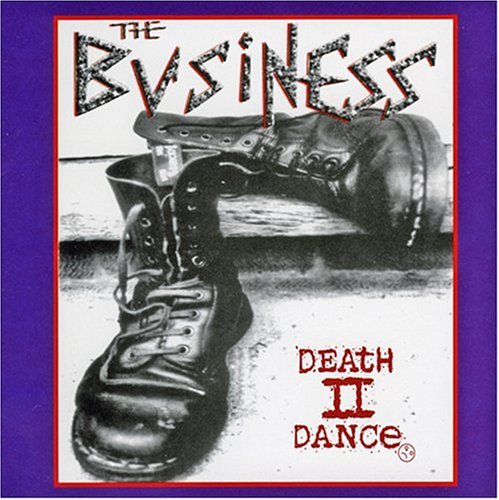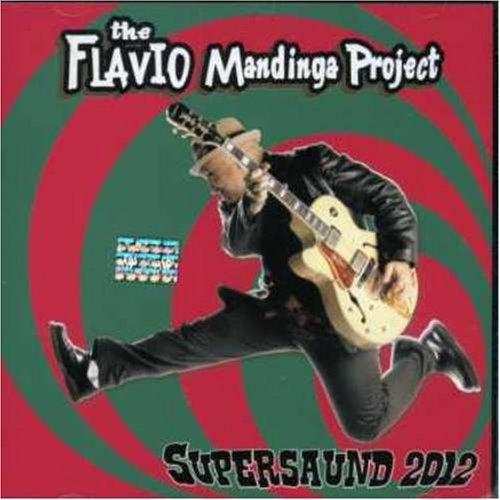
In 1901, the Abruzzi family leaves their ancient Sicilian home and boards a steamship for America. Like many other immigrant families, they are tormented by the grief of leaving behind their old lives and their loved ones, while facing an uncertain future. Six-year-old Lucio Abruzzi is locked inside his own undemonstrative world, while his mother, Catrina, observes his aberrant behavior with a nagging suspicion that something isn't quite right. His cruel father, Fortunato, feels only disdain for Lucio, believing him a disgrace to the family and therefore unworthy of his love.
After enduring a grueling voyage across the Atlantic, an unexpected tragedy strikes, plunging Catrina into a deep state of emotional dejection and withdrawal. Several years later, after living a life of quiet desperation in a Bronx tenement, they are able to move to a small village in central New York. There they gain a firm foothold on the fertile land, while trying to fit into an apathetic community marked by open arms and closed minds. Just as all the Abruzzi's hopes and dreams seem to have vanished, Lucio encounters a young teacher who is drawn to his undeniable mystique, and she slowly begins to unravel his mind. They are friends whose dance is unrehearsed, whose spirits rise together, and there is no end in sight.







